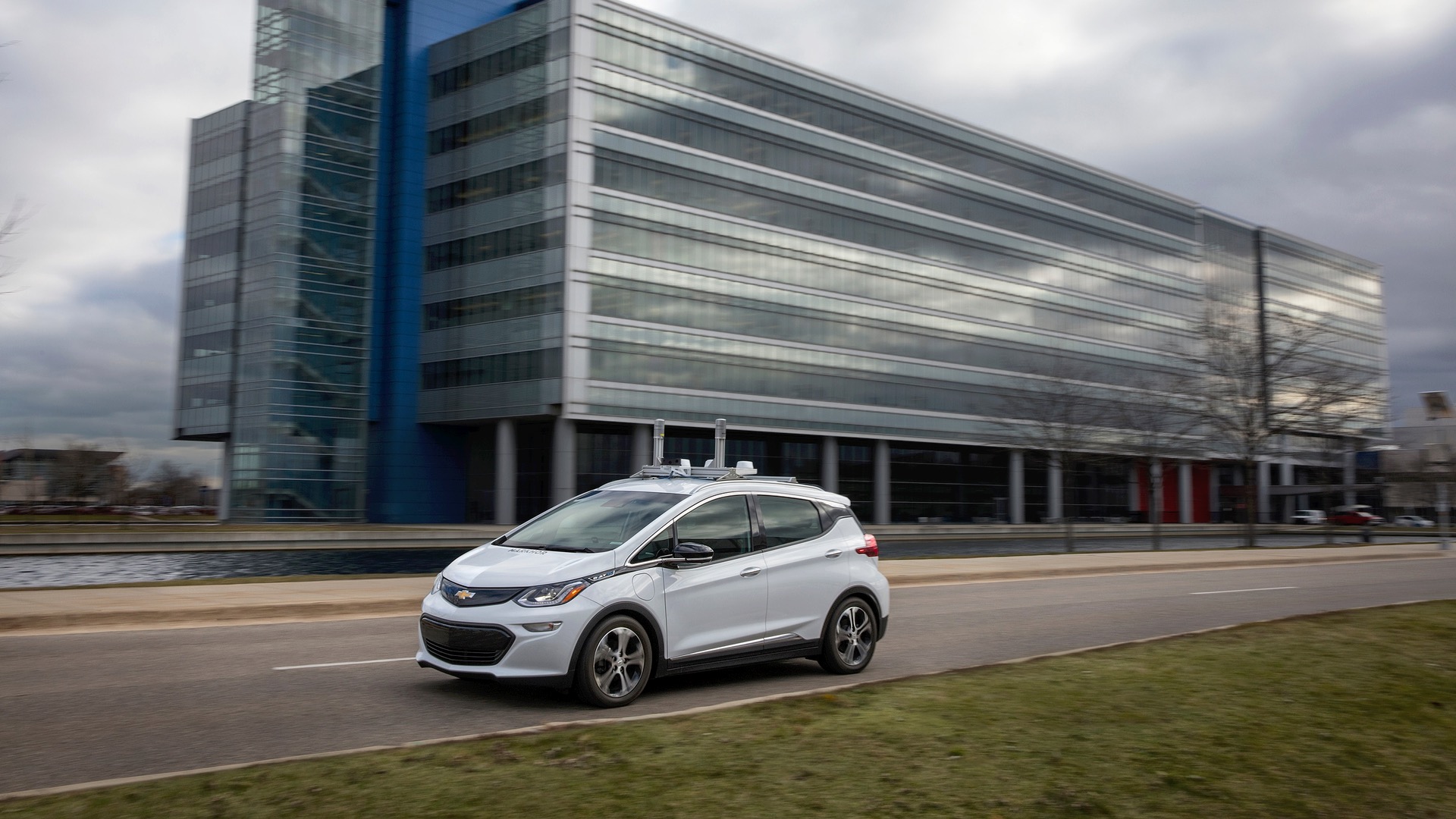

Michigan Governor Rick Snyder and U.K. business minister Richard Harrington have signed a memorandum of understanding to collaborate on development of rules for self-driving cars and the rollout of other emerging technologies, reports the Financial Times. This is likely the first partnership between a U.S. state and an international government on autonomous cars.
The report did not offer many details on what the proposed partnership will do, but did say that agencies and related entities in Michigan will collaborate with their U.K. counterparts to prepare for the arrival of self-driving cars—something government officials on both sides believe is inevitable.
Snyder has been an aggressive promoter of self-driving cars. In 2016, he pushed for passage of the SAVE Act, which allows automakers to run autonomous ride-hailing services in the state, deploy cars on public roads without human safety drivers, and paves the way for the eventual sale of self-driving cars to consumers. Michigan is also home to two large autonomous-car test facilities: The University of Michigan’s Mcity in Ann Arbor, and the American Center for Mobility, located in Ypsilanti.
As the home of Detroit’s Big Three U.S. automakers, Michigan also has a strong incentive to promote autonomous-car testing. Ford, General Motors, and Waymo (which works with Fiat Chrysler Automobiles) more or less split their autonomous-car testing among Michigan and locations in California and Arizona. It’s a very visible indicator of the tug of war between the traditional U.S. auto industry and Silicon Valley.
The U.K. currently allows testing of self-driving cars on public roads, and companies like Jaguar Land Rover are already taking advantage of that. Like Michigan, the U.K. has a legacy automotive-industry infrastructure and related jobs to protect. Government officials view diving headfirst into the world of self-driving cars as the best way to do that.
The partnership could benefit self-driving cars beyond the U.K. and Michigan. It could lay the groundwork for international regulations, which would make it easier for automakers to deploy autonomous cars on a larger scale.